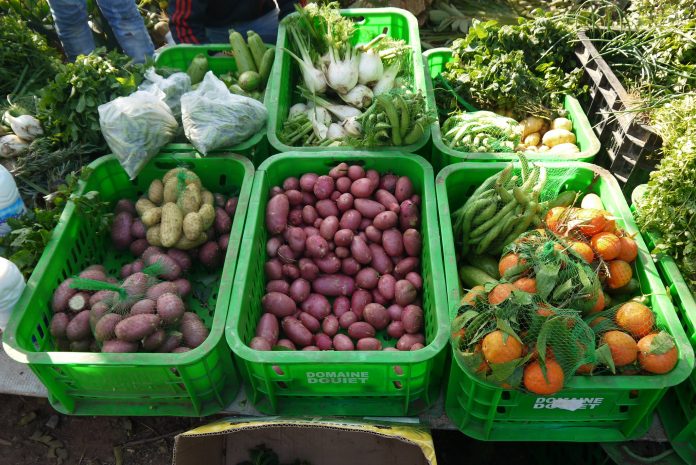The EU needs to put greater emphasis on short supply chains and agroecology in farming in order to preserve its agriculture and make it more resilient to new challenges, such as climate change. Agroecology is also a way to secure our food supply, make our food healthier and as such raise its value. Short supply chains will help smaller farms to increase their income and enliven rural areas.
Deregulation of agricultural markets, strong price volatility and low farming incomes on the producers’ side along with a growing awareness and concern regarding healthy and good quality food on the consumers’ side have already driven some farmers to change their methods of production and marketing.
Over the whole of Europe, new innovative agricultural systems are developing that connect consumers and producers to each other, like community-supported agriculture (CSA) and other “basket” schemes. Most of these producers practice organic or other environment-friendly farming without being covered by a label.
Short-chain sales help to revive rural areas
These short-chain sales offer a real opportunity for smaller farms to build up benefit and profitability and thus make their enterprises sustainable. Furthermore, the advantages for consumers are obvious as they get fresh and high-quality products on their tables and are in direct contact with the producer. This not only stimulates interest but also educates people on the value of the product.
“Short supply chain initiatives have the potential of creating jobs and growth and consequently wealth, particularly in rural areas. The challenge is therefore to empower operators to create local food systems based on local governance. Digitalisation plays and will also in the future play a key role, both in production and processing and in buying and selling”, explains Geneviève Savigny, rapporteur of the opinion on promoting short and alternative food supply chains in the EU: the role of agroecology.
Agroecology – a new paradigm for both food & farming and food security
Where short supply chains are not possible, European quality labelling can provide identification and make it easier for consumers to choose.
In this regard, agroecology can play an important role. Academic studies and development organisations have proved that the advantages are obvious for both farmers and consumers: For farmers: greater soil fertility, lower production costs, greater decision-making autonomy, agricultural systems becoming more resilient to cope with climate risks, and enhanced professionalism; For consumers: the health and nutritional quality of food and water, preservation of biodiversity and landscapes and guarantees in terms of farming practices (livestock or crops).
“Applying agroecology in agriculture represents a paradigm shift towards fighting climate change, rebuilding living ecosystems and protecting water, soil and all the resources that agricultural production depends on. Therefore it is important to put a greater focus on short supply chains and agroecology”, underlined Ms Savigny.
A comprehensive food policy, which the EESC has been advocating for years and for which it could be a facilitator, could form the framework of the action plan
EESC calls for an action plan for acroecology
In order to roll out the agroecology project across Europe, the EESC proposes a structured multifaceted action plan involving the regional, national and EU level. Existing programmes should also be directed towards supporting measures in agroecology and short supply chains and particularly support:
- Education and advice services regarding transformation, direct sales and agroecology;
- Research and innovation regarding producers’ needs in short chains and in agroecology;
- Exchange networks between farmers;
- Adjustments to applications of food legislation to small farmers in small-scale production as well as requirements regarding labelling;
- Access to finance to put in place the necessary structures (CAP second pillar).
A comprehensive food policy, which the EESC has been advocating for years and for which it could be a facilitator, could form the framework of the action plan.
Security of food supply is an often-used argument against agroecology. In this regard, the EESC refers to a recent work published by the Institute for Sustainable Development and International Relations (IDDRI), which shows that it is possible to feed all of Europe’s population by 2050 through a gradual agroecological transformation incorporating livestock breeding, crops and tress, with a zero carbon emissions target.
“There is no way around an increasingly ecological agriculture, if we take the climate goals seriously and want to preserve the fertility of our soil”, concluded Ms Savigny.
As the European Parliamentary Research Service (EPRS) highlighted, already in 2015 15% of farmers sold half of their production through short supply chains, and a 2016 Eurobarometer survey noted that four out of five European citizens considered that “strengthening the farmer’s role in the food chain” was important.

